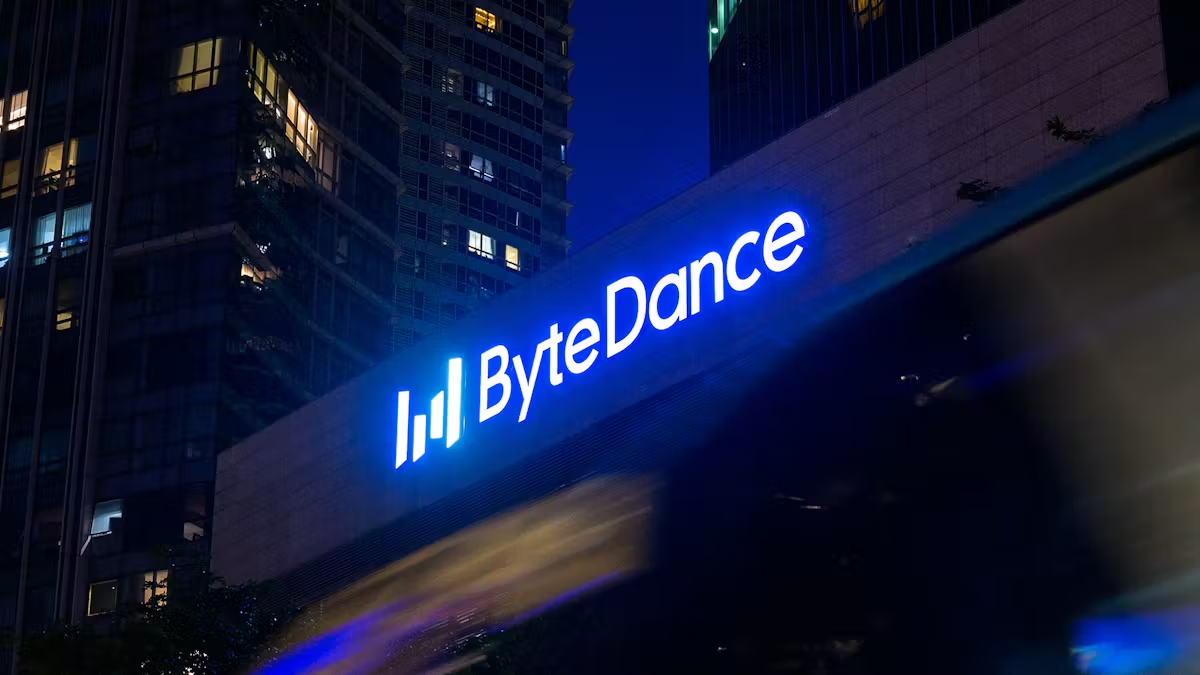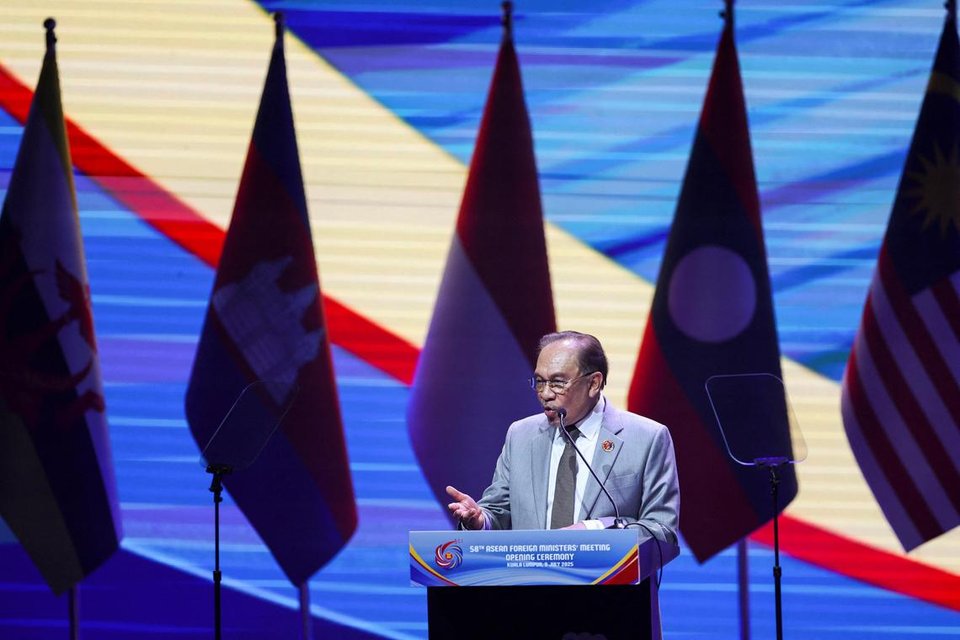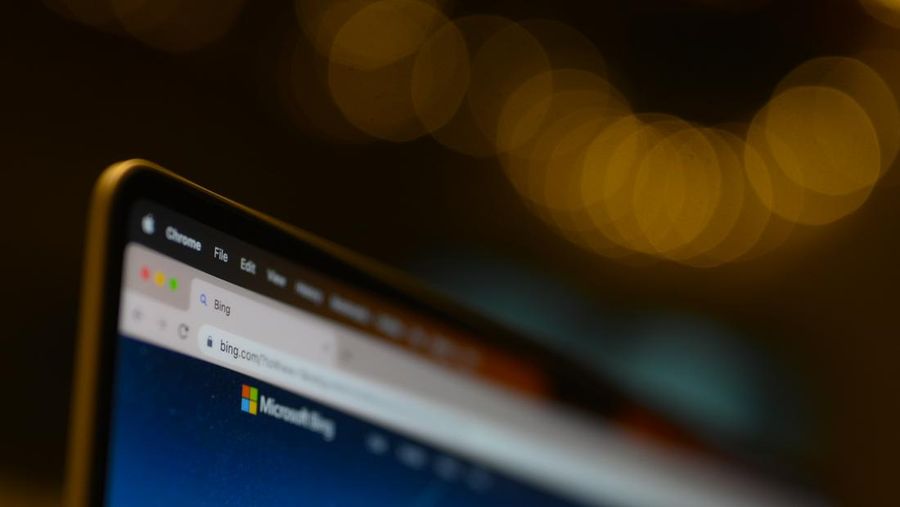ByteDance, the owner of TikTok and one of China’s largest tech companies, has confirmed the dismissal of an intern accused of tampering with its AI training processes. The company revealed that the intern had “maliciously interfered” with one of its key AI projects, though ByteDance was quick to downplay reports suggesting that the damage caused by the individual was significant, calling such claims “exaggerated and inaccurate.”
The news broke after widespread discussion of the incident on social media platforms, where rumors circulated about the intern’s role in sabotaging ByteDance’s Doubao generative AI system. Doubao, often compared to OpenAI’s ChatGPT, is China’s leading AI chatbot and a pivotal element of ByteDance’s growing influence in the AI sector. The company’s heavy reliance on AI for many of its core operations heightened interest in the alleged incident, particularly given its implications for such a high-profile project.
ByteDance moved swiftly to clarify the details, noting that the intern in question had worked within the advertising technology team, not directly with the AI Lab that oversees AI development. “The individual had no experience with AI research or training, and their involvement has been misrepresented on social media and in certain media outlets,” ByteDance stated, seeking to calm fears over the potential impact.
Contrary to the claims circulating online, ByteDance dismissed allegations that the sabotage had caused upwards of $10 million in damages, which reportedly stemmed from the disruption of AI training models utilizing thousands of GPUs. ByteDance was firm in its stance that no such catastrophic damage had occurred and that its AI training systems, including large language models, remained unaffected.
The company terminated the intern’s employment in August, taking further steps to notify the individual’s university and relevant industry organizations about the misconduct. ByteDance’s strong response demonstrates its commitment to maintaining a secure and ethical working environment, especially given the strategic importance of AI development in its long-term business model.
ByteDance has built a reputation as a global leader in algorithm development, with its products like TikTok and Douyin drawing millions of users worldwide. The company’s AI capabilities are central to its success, allowing it to continually refine its content recommendation systems and engage users more effectively. ByteDance’s focus on AI extends far beyond its social media apps; the company has been developing cutting-edge AI-driven tools like Jimeng, which transforms text into videos using advanced algorithms.
In China and beyond, ByteDance is positioning itself at the forefront of AI innovation. The Doubao chatbot is just one example of the company’s ambitions to create generative AI technologies capable of reshaping digital interactions. Like other major tech players, ByteDance’s investments in AI are aimed at securing a dominant role in the future of the digital economy, which increasingly relies on artificial intelligence for a range of applications, from entertainment to e-commerce.
This incident serves as a reminder of the potential threats that large technology companies face when it comes to protecting their AI assets. Despite the relatively limited impact of the intern’s actions, ByteDance’s prompt reaction highlights the critical need for stringent internal safeguards, particularly as AI becomes an ever more valuable component of the company’s portfolio. For ByteDance, preserving the integrity of its AI systems is paramount as it seeks to maintain its competitive edge in the fast-evolving tech landscape.





